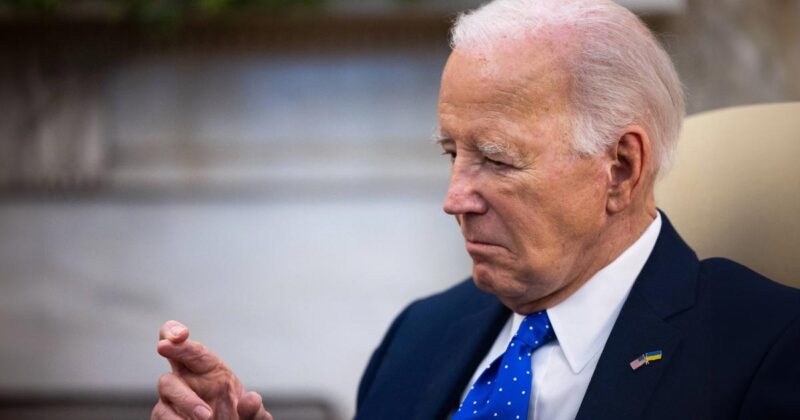The federal government called on the Supreme Court on August 13 to restore a $475 billion student loan relief plan that was partially blocked by an appeals court ruling.
Solicitor General Elizabeth Prelogar filed a new emergency application after the U.S. Court of Appeals for the Eighth Circuit temporarily halted portions of the SAVE plan on August 9, as litigation over the case continues. The case is Biden v. Missouri.
Justice Brett Kavanaugh directed Missouri, which is challenging the plan, to respond by 4 p.m. on Aug. 19.
The SAVE plan, initially proposed by Education Secretary Miguel Cardona in August 2022, aims to reduce monthly payments for millions of eligible borrowers and speed up loan forgiveness for some.
The acronym SAVE stands for Saving on a Valuable Education, and approximately 8 million borrowers have already enrolled in the program.
The SAVE plan was not yet finalized in June 2023 when the Supreme Court struck down President Joe Biden’s previous $400 billion student loan forgiveness plan in Biden v. Nebraska.
Days ago, the Eighth Circuit found that Missouri and six other states challenging the plan would likely be able to prove the plan violates the major questions doctrine.
The doctrine requires courts to presume Congress does not delegate important policy questions to government agencies.
The injunction temporarily stops the federal government from forgiving principal or interest on outstanding student loans, blocks a measure that prevents interest from accruing on loans, and halts a provision that allows borrowers to make very low or zero monthly payments based on income.
District Judge John Ross in Missouri previously blocked the SAVE plan on June 24.
In the new application, Prelogar contends that the plan is a “straightforward exercise” of the Department of Education’s authority under federal law.
“The Eighth Circuit’s injunction has severely harmed millions of borrowers and the Department by blocking long-planned changes and creating widespread confusion and uncertainty,” she said.
The injunction is so broad that it interferes with the department’s other programs that forgive student loan debt but are not in dispute.
“That extraordinary injunction has scrambled the Department’s administration of loans for millions of borrowers,” she said.
Prelogar stated that if the Supreme Court chooses not to overturn the Eighth Circuit’s injunction, it should consider holding oral arguments this fall to prevent further harm to millions of Americans caused by the injunction.
Share your thoughts by scrolling down to leave a comment.

